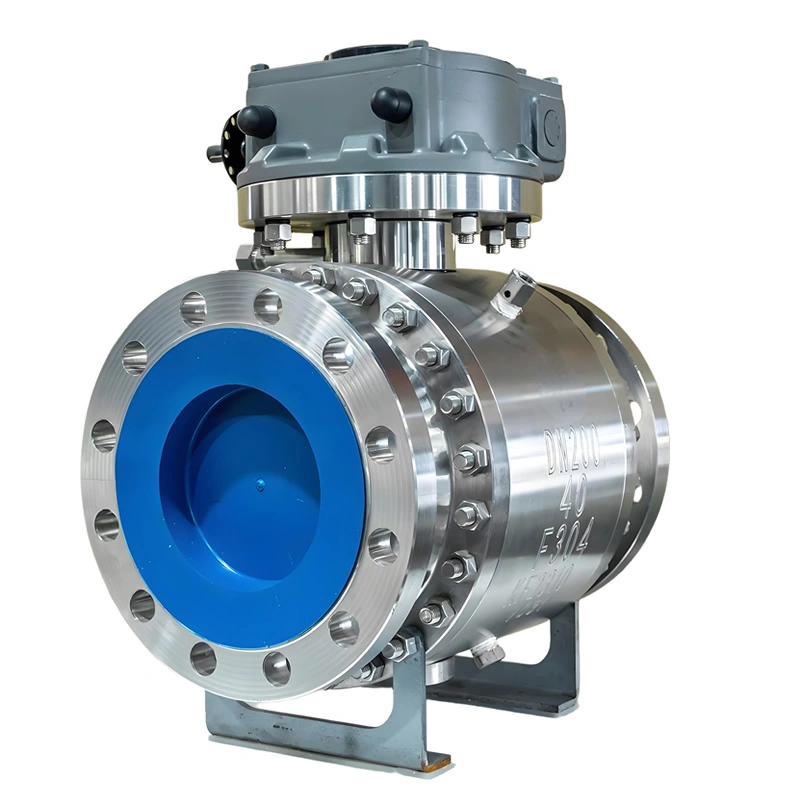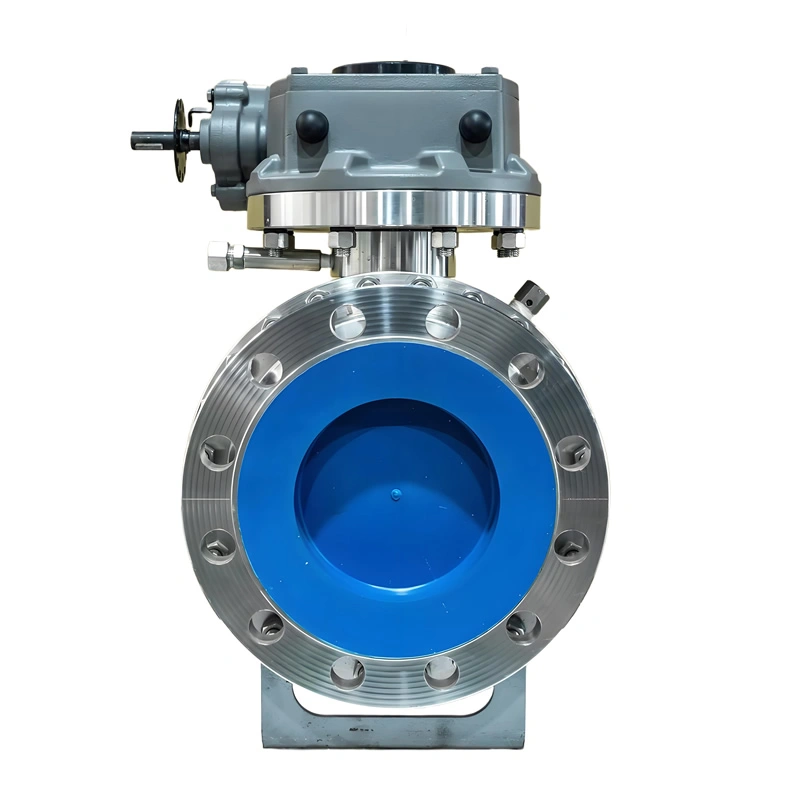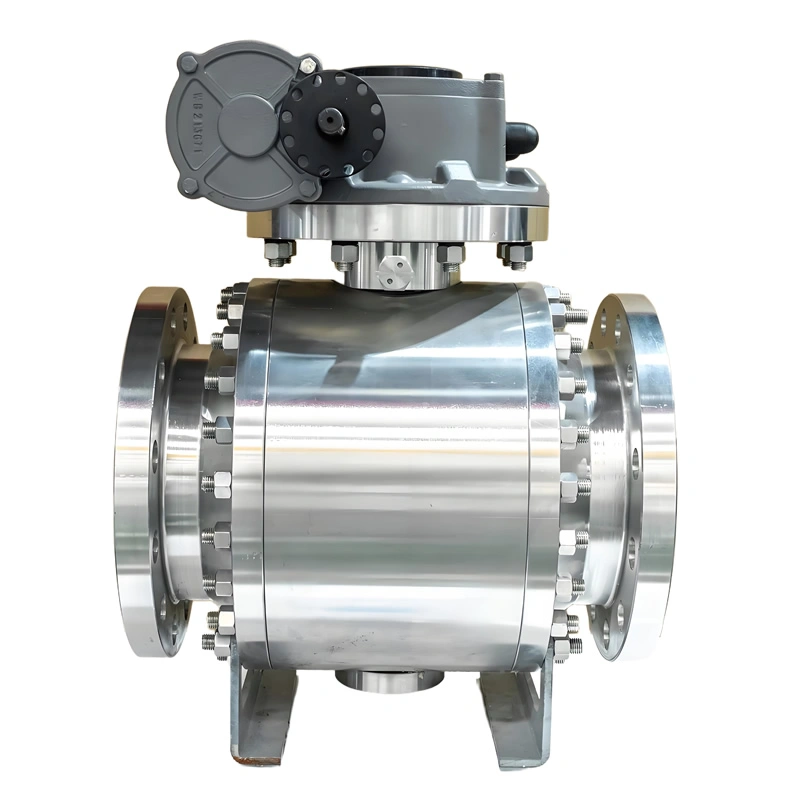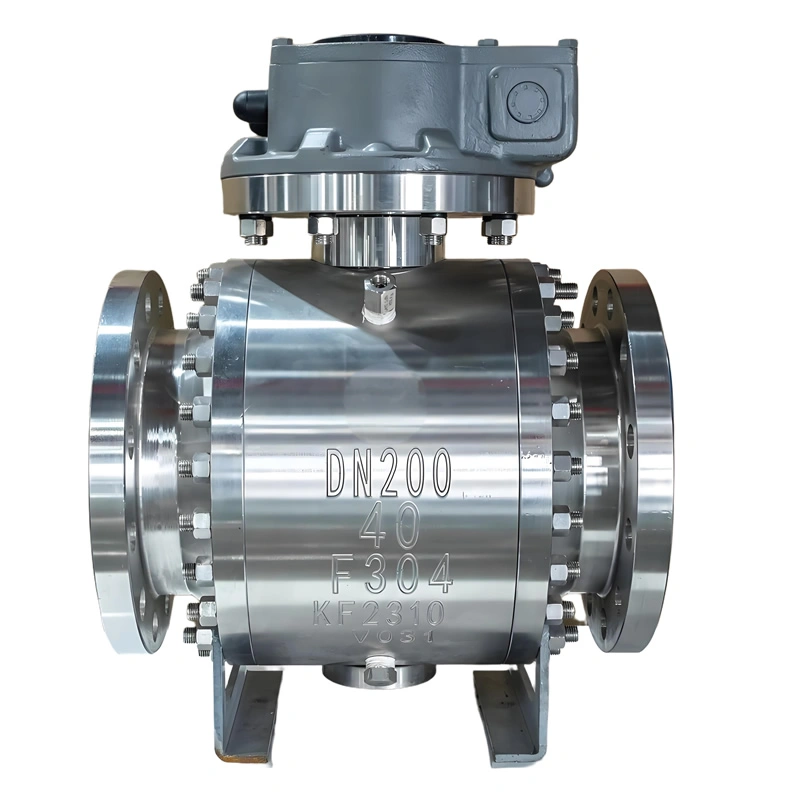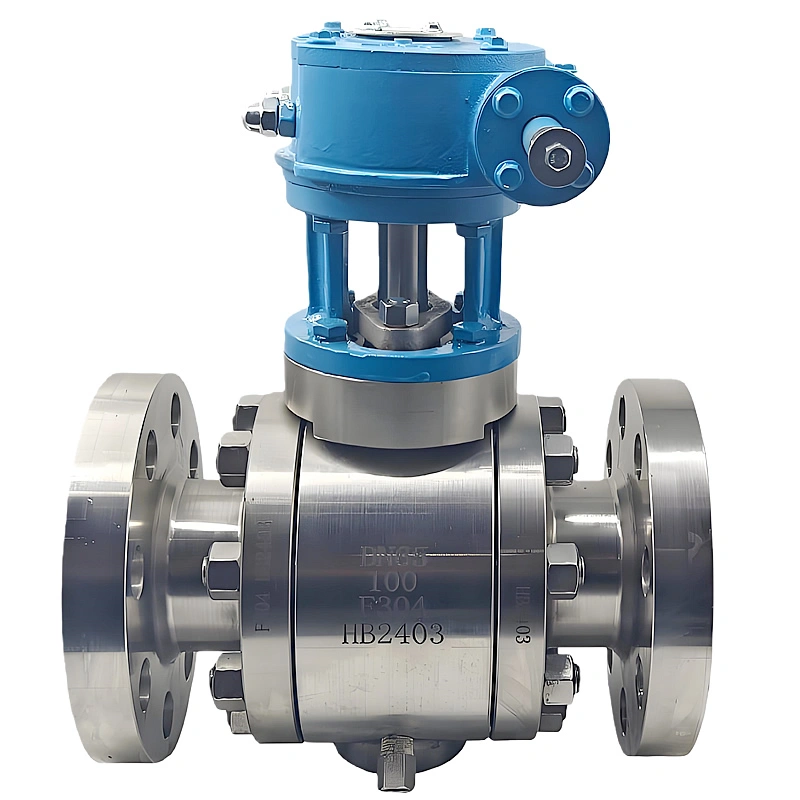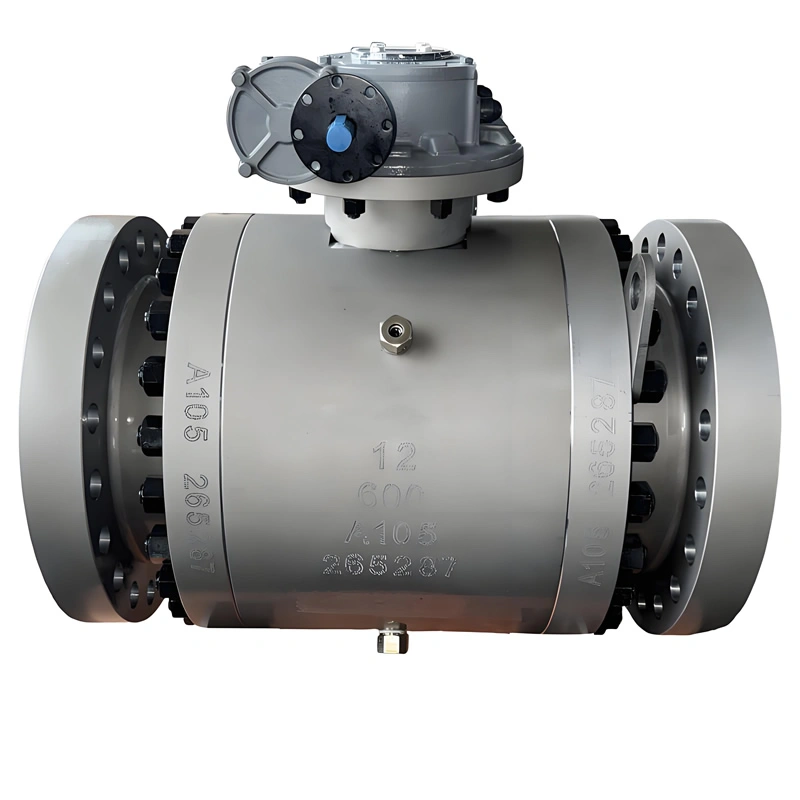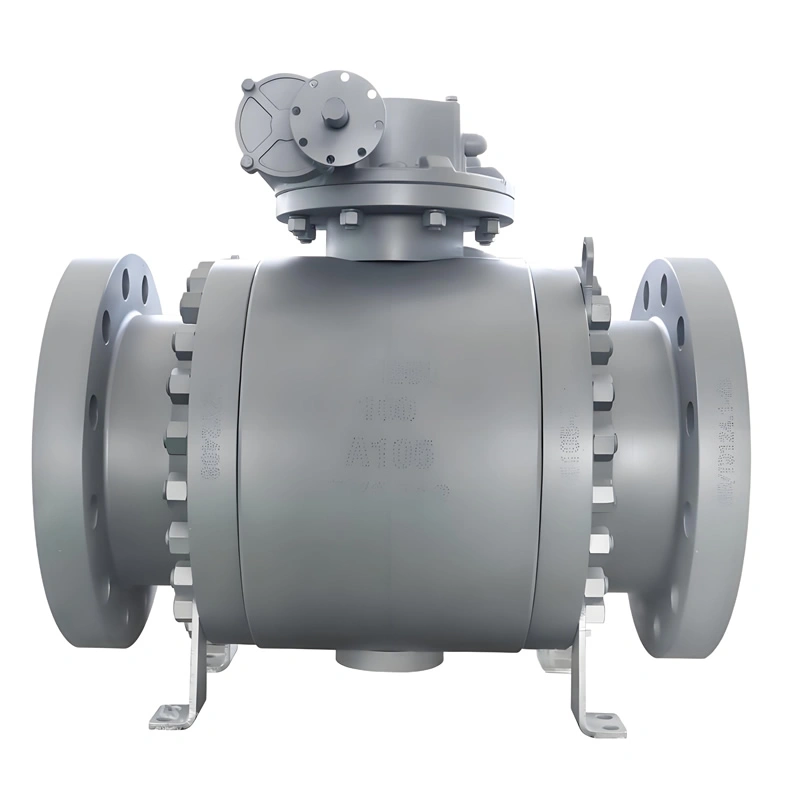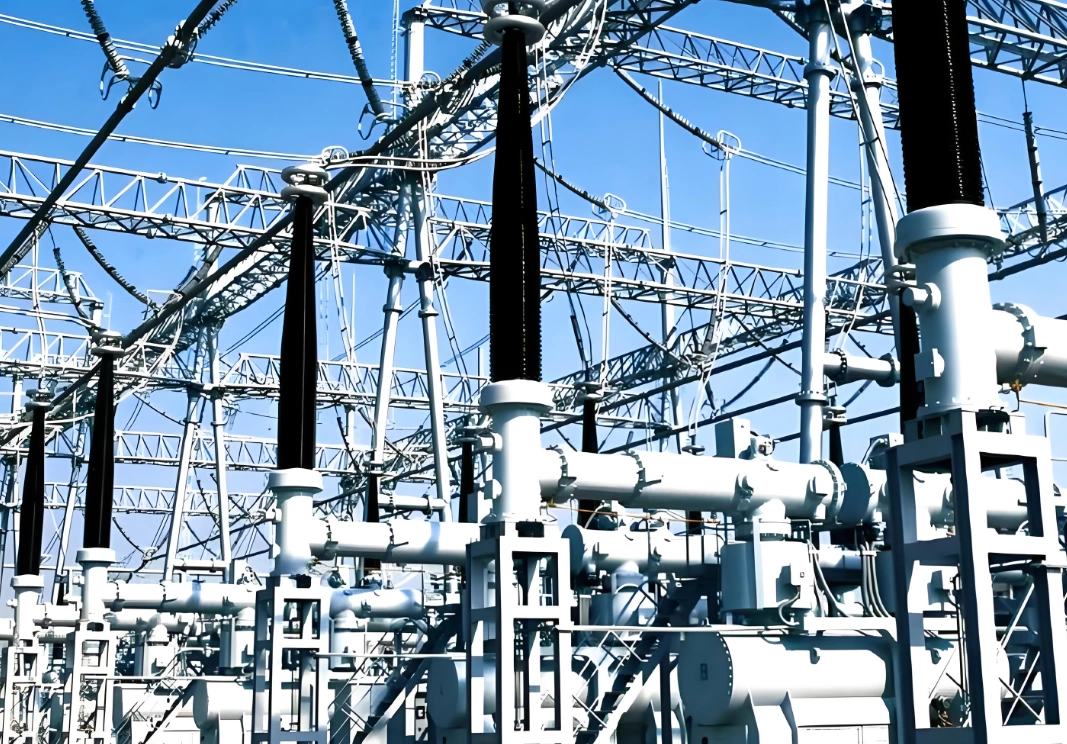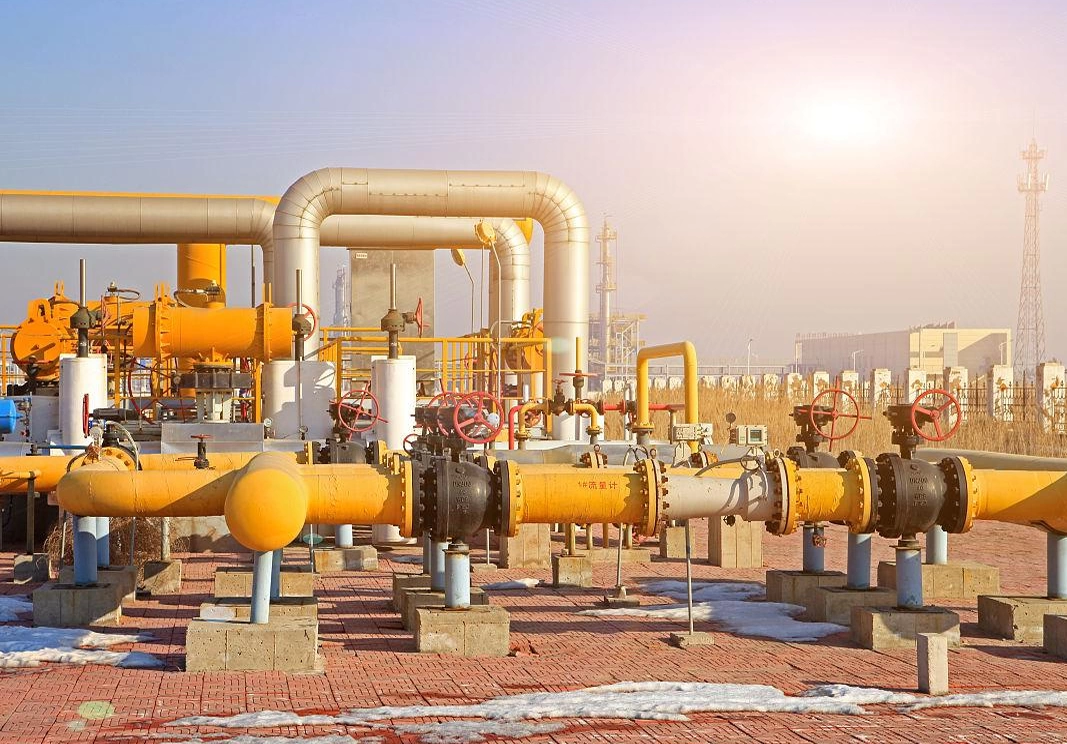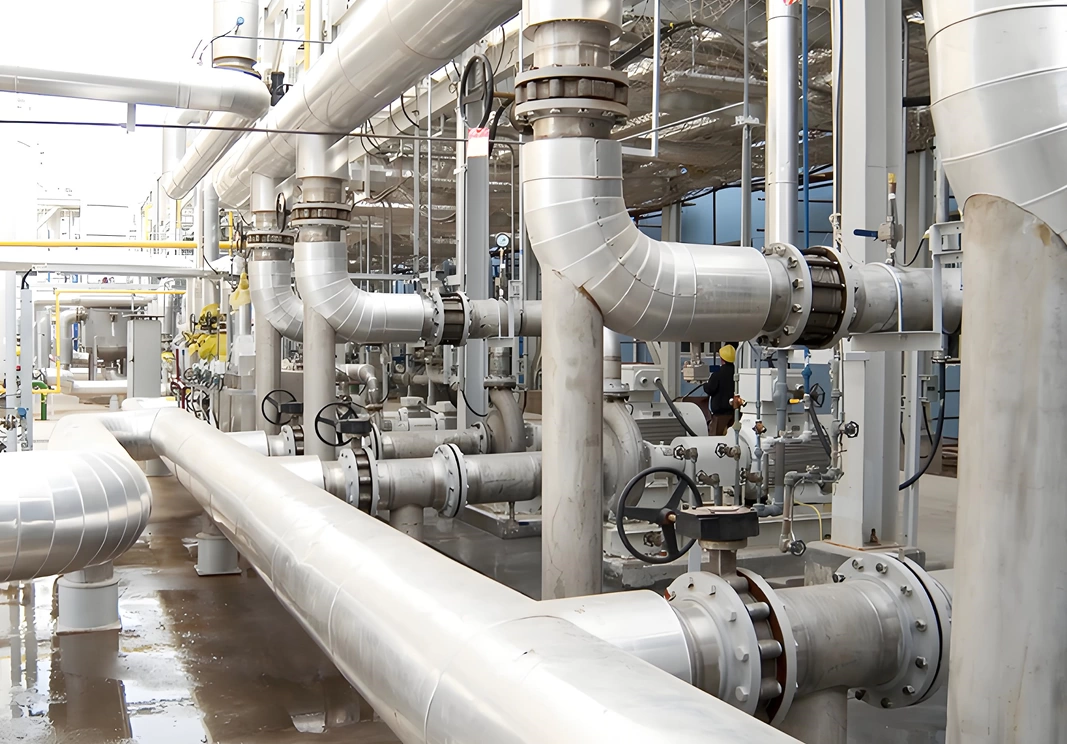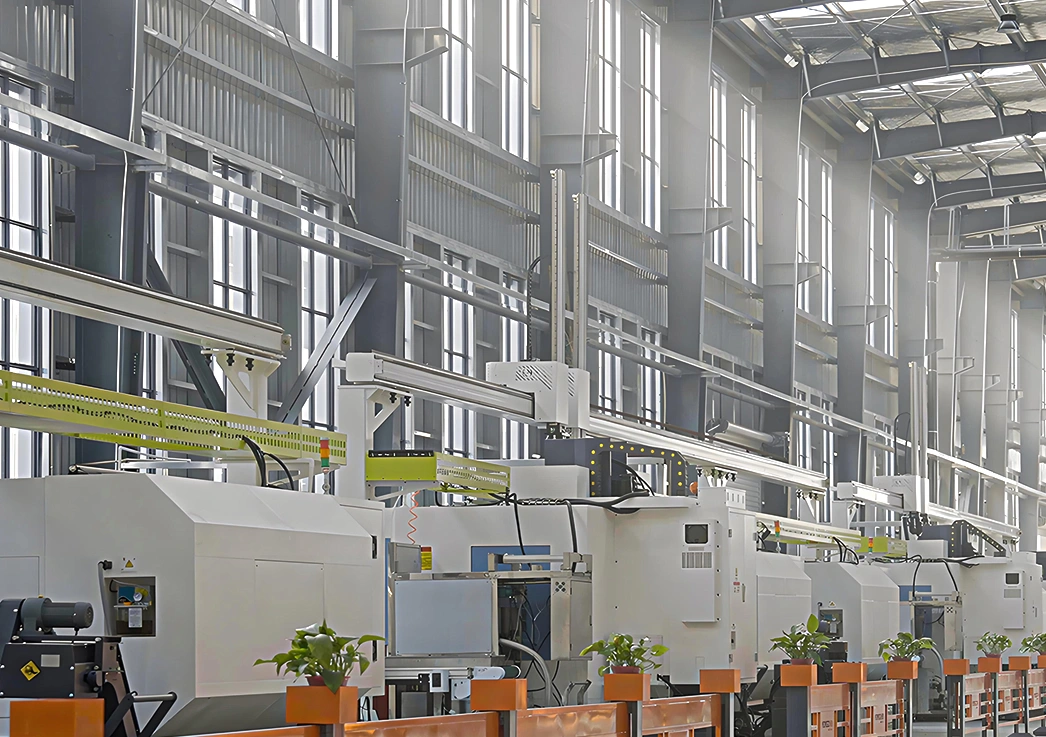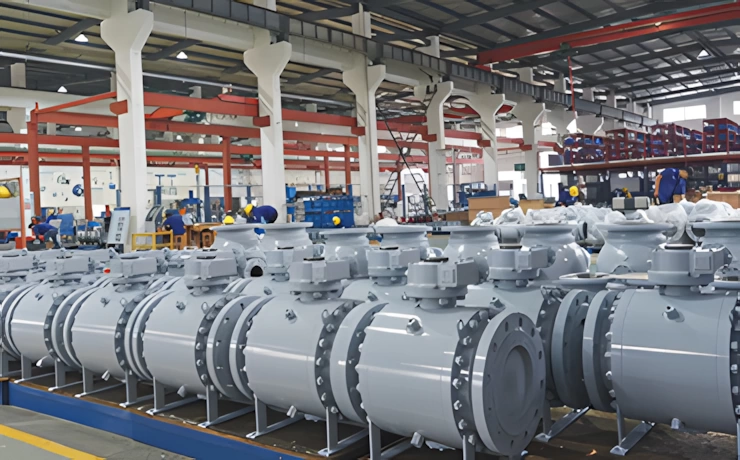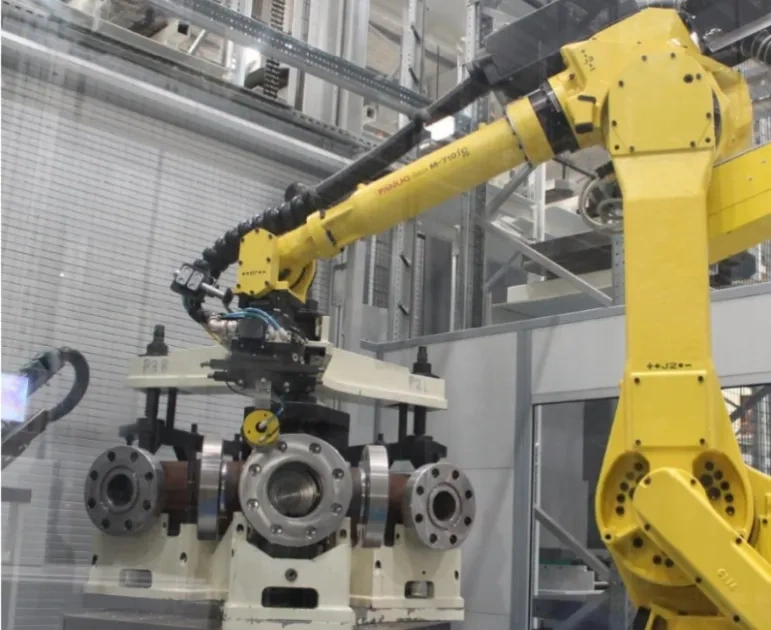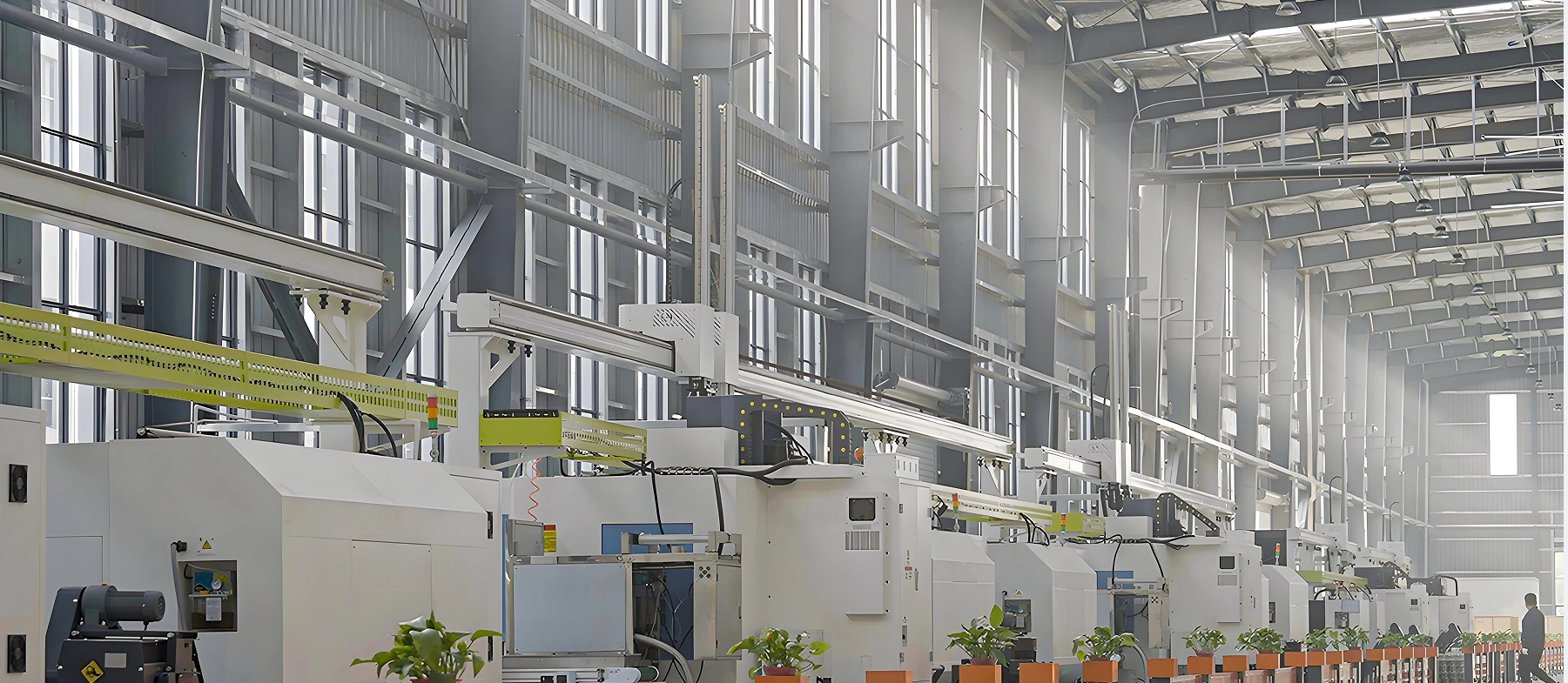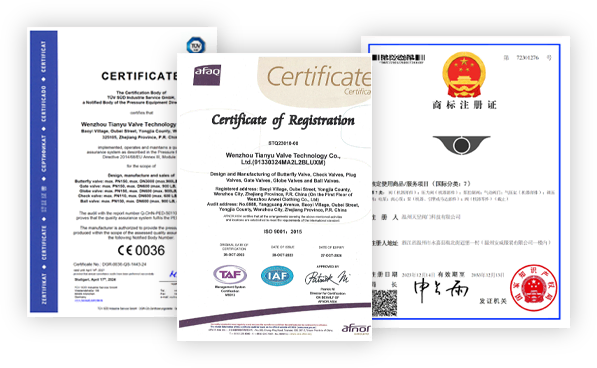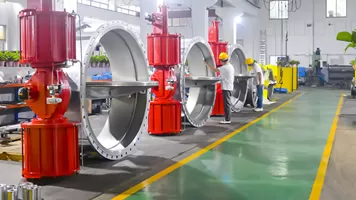The fixed ball design and hard-seal configuration deliver consistent sealing performance over thousands of operating cycles. In gas pipeline applications, this translates to a leak rate of ≤0.1×DN mm³/min—well below industry limits—reducing safety risks and environmental impact. The dual-seat, bidirectional design further eliminates installation errors, as the valve functions reliably regardless of flow direction.
F304 stainless steel and Stellite 6 hard seals resist corrosion, wear, and high temperatures—extending the valve’s service life to 8–12 years in typical applications. This is 2–3 times longer than floating ball valves with soft seals, reducing maintenance costs and unplanned downtime. For example, a water treatment plant using 50 DN200 valves saved $120,000 over 10 years by avoiding frequent seal replacements.
Pneumatic actuation reduces energy consumption compared to electric alternatives—compressed air is often already available in industrial facilities, eliminating the need for additional power infrastructure. The low operational torque also allows smaller actuators, further cutting energy use. For a facility with 100 valves, this translates to annual energy savings of $5,000–$8,000.
Anti-static features, fail-safe pneumatic actuation, and fire-safe hard seals make the valve ideal for gas, oil, and chemical applications. ATEX/IECEx certification ensures compliance with global hazardous area standards, while NACE MR0175 compliance (optional) enables use in sour gas service—protecting against sulfide stress cracking.
While upfront costs for fixed ball valves are higher than floating ball models, their long service life and low maintenance requirements result in a lower total cost of ownership. For a DN200 Class 40 gas valve, the total cost over 10 years is 40% lower than a floating ball valve—justifying the initial investment.


